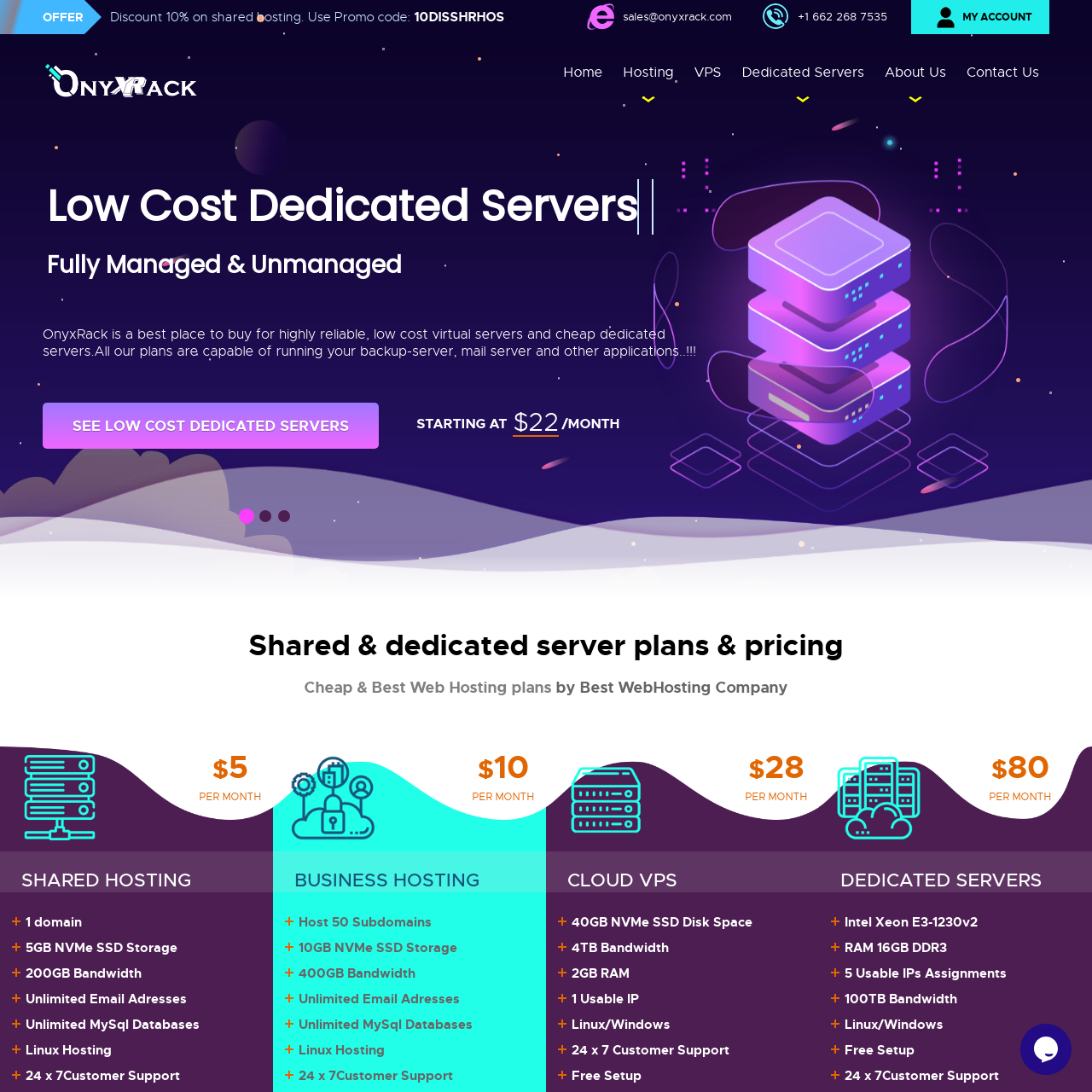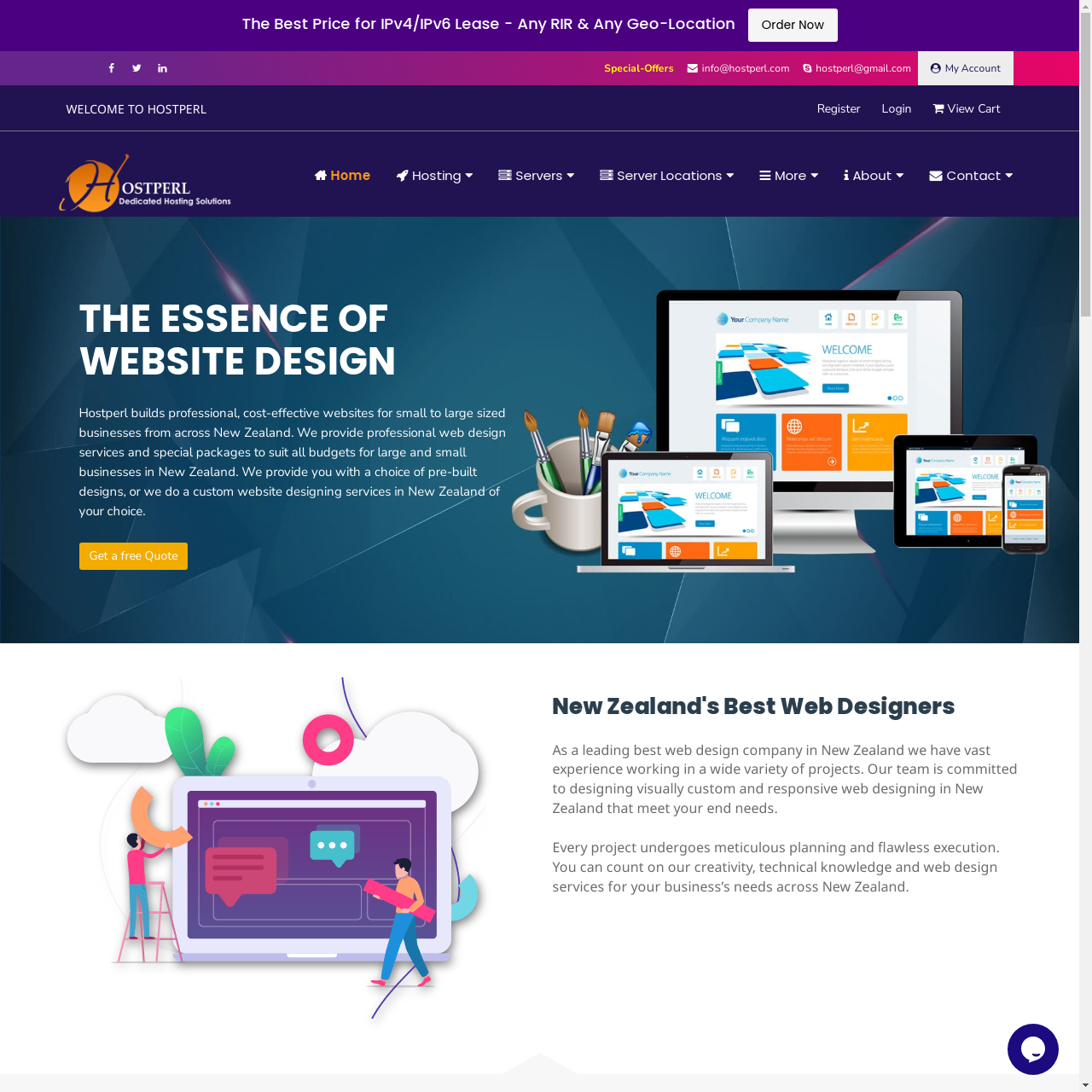05-01-2024, 05:59 AM
Virtual Reality (VR) is entering a phase of rapid evolution and diversification, making it essential for businesses and developers to stay ahead of emerging trends. In this article, we'll explore the latest advancements and trends in VR technology, drawing insights from a prominent VR agency based in the UK. From cutting-edge technologies to innovative applications, VR agency UK let's delve into what's on the horizon for VR.
![[Image: o_1hsntr3jj1q6h14vi1p0f1t69152mi.png]](https://payhip.com/cdn-cgi/image/format=auto/https://pe56d.s3.amazonaws.com/o_1hsntr3jj1q6h14vi1p0f1t69152mi.png)
Understanding the Current Landscape of VR:
Before delving into future trends, it's vital to assess the current state of VR. VR technology has made significant strides, with improvements in hardware, software, and user experiences. Its applications span across industries like gaming, entertainment, education, healthcare, and more, offering immersive simulations, training modules, marketing experiences, and entertainment avenues.
Emerging Trends in VR:
Social VR and Metaverse: The concept of a metaverse, a shared virtual space for social interaction and collaboration, is gaining popularity. Social VR platforms enable users to connect, attend events, and participate in virtual economies, fostering social interactions in virtual environments.
Augmented Reality (AR) Integration: VR and AR are converging to create mixed reality (MR) experiences. By overlaying digital information onto the physical world, AR integration enhances the realism and interactivity of VR applications.
AI and Machine Learning: AI-driven algorithms are enhancing VR experiences by personalizing content, improving user interactions, and optimizing performance based on user preferences and behavior.
Wireless VR and 5G Connectivity: Advancements in wireless VR technology and the rollout of 5G networks are facilitating seamless, high-quality VR experiences without tethered devices. This reduces latency and enhances mobility, contributing to a more immersive VR experience.
Innovative Use Cases:
VR for Remote Collaboration: VR is revolutionizing remote collaboration by providing virtual workspaces where teams can collaborate seamlessly across distances, fostering productivity and creativity.
VR in Healthcare: From medical training simulations to therapeutic interventions for mental health, VR is making significant strides in healthcare by offering immersive and personalized solutions.
VR for Education: Virtual classrooms, interactive learning experiences, and simulations are enhancing educational outcomes by improving student engagement, retention, and understanding.
VR in Retail and Marketing: Businesses are leveraging VR for virtual showrooms, product demonstrations, and immersive marketing campaigns, offering innovative ways to showcase products and services and drive customer engagement.
Challenges and Opportunities:
While VR presents numerous opportunities, it also faces challenges such as high hardware costs, complexities in content creation, and barriers to user adoption. However, ongoing innovations, collaborative efforts, and increasing consumer interest indicate a promising future for VR technology.
Insights from a Leading UK Agency:
We connected with VRDuct VR Agency, a renowned VR agency in the UK, to gain insights into their perspective on the future of VR.
Technological Advancements: VRDuct VR Agency emphasizes the significance of advancements in VR hardware, software optimization, and immersive technologies like haptics and spatial audio to create compelling VR experiences.
Industry Diversification: The agency highlights the growing demand for VR solutions across industries such as automotive, real estate, tourism, and training, signaling a shift towards industry-specific VR applications.
User-Centric Design: VRDuct VR Agency prioritizes user-centric design principles to ensure that VR experiences are intuitive, accessible, and engaging for diverse audiences.
Future Outlook: According to VRDuct VR Agency, the future of VR lies in seamless integration with other emerging technologies like AI, IoT, and blockchain. This integration will unlock new possibilities for interactive and interconnected virtual worlds.
Conclusion:
As VR continues to evolve, innovation, collaboration, and user-centric design will drive its growth trajectory. Insights from leading VR agencies like VRDuct VR Agency provide valuable foresight into the exciting possibilities awaiting businesses and developers in the dynamic realm of Virtual Reality.
![[Image: o_1hsntr3jj1q6h14vi1p0f1t69152mi.png]](https://payhip.com/cdn-cgi/image/format=auto/https://pe56d.s3.amazonaws.com/o_1hsntr3jj1q6h14vi1p0f1t69152mi.png)
Understanding the Current Landscape of VR:
Before delving into future trends, it's vital to assess the current state of VR. VR technology has made significant strides, with improvements in hardware, software, and user experiences. Its applications span across industries like gaming, entertainment, education, healthcare, and more, offering immersive simulations, training modules, marketing experiences, and entertainment avenues.
Emerging Trends in VR:
Social VR and Metaverse: The concept of a metaverse, a shared virtual space for social interaction and collaboration, is gaining popularity. Social VR platforms enable users to connect, attend events, and participate in virtual economies, fostering social interactions in virtual environments.
Augmented Reality (AR) Integration: VR and AR are converging to create mixed reality (MR) experiences. By overlaying digital information onto the physical world, AR integration enhances the realism and interactivity of VR applications.
AI and Machine Learning: AI-driven algorithms are enhancing VR experiences by personalizing content, improving user interactions, and optimizing performance based on user preferences and behavior.
Wireless VR and 5G Connectivity: Advancements in wireless VR technology and the rollout of 5G networks are facilitating seamless, high-quality VR experiences without tethered devices. This reduces latency and enhances mobility, contributing to a more immersive VR experience.
Innovative Use Cases:
VR for Remote Collaboration: VR is revolutionizing remote collaboration by providing virtual workspaces where teams can collaborate seamlessly across distances, fostering productivity and creativity.
VR in Healthcare: From medical training simulations to therapeutic interventions for mental health, VR is making significant strides in healthcare by offering immersive and personalized solutions.
VR for Education: Virtual classrooms, interactive learning experiences, and simulations are enhancing educational outcomes by improving student engagement, retention, and understanding.
VR in Retail and Marketing: Businesses are leveraging VR for virtual showrooms, product demonstrations, and immersive marketing campaigns, offering innovative ways to showcase products and services and drive customer engagement.
Challenges and Opportunities:
While VR presents numerous opportunities, it also faces challenges such as high hardware costs, complexities in content creation, and barriers to user adoption. However, ongoing innovations, collaborative efforts, and increasing consumer interest indicate a promising future for VR technology.
Insights from a Leading UK Agency:
We connected with VRDuct VR Agency, a renowned VR agency in the UK, to gain insights into their perspective on the future of VR.
Technological Advancements: VRDuct VR Agency emphasizes the significance of advancements in VR hardware, software optimization, and immersive technologies like haptics and spatial audio to create compelling VR experiences.
Industry Diversification: The agency highlights the growing demand for VR solutions across industries such as automotive, real estate, tourism, and training, signaling a shift towards industry-specific VR applications.
User-Centric Design: VRDuct VR Agency prioritizes user-centric design principles to ensure that VR experiences are intuitive, accessible, and engaging for diverse audiences.
Future Outlook: According to VRDuct VR Agency, the future of VR lies in seamless integration with other emerging technologies like AI, IoT, and blockchain. This integration will unlock new possibilities for interactive and interconnected virtual worlds.
Conclusion:
As VR continues to evolve, innovation, collaboration, and user-centric design will drive its growth trajectory. Insights from leading VR agencies like VRDuct VR Agency provide valuable foresight into the exciting possibilities awaiting businesses and developers in the dynamic realm of Virtual Reality.








